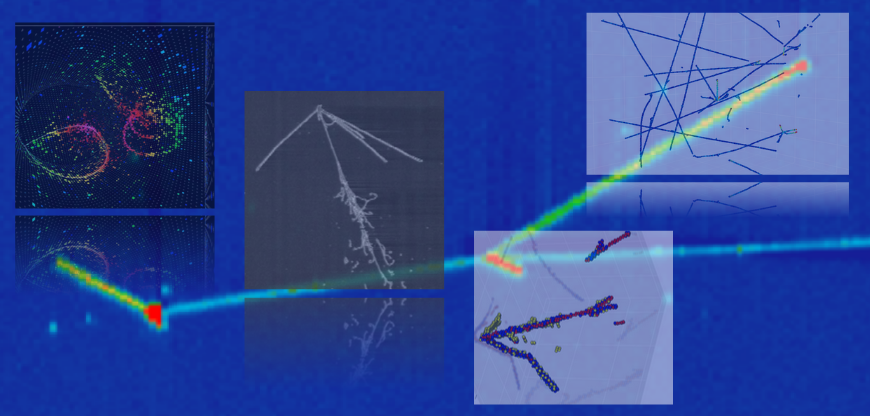Speaker
Description
The KamLAND-Zen experiment is a multi-purpose neutrino detector in central Japan, with a broad neutrino science program. KLZ has produced world-leading results in the study of solar, geo, and astophysical neutrinos. Recently, KLZ has also set the world-leading limit on the majorana neutrino mass, the first such limit in the Inverted Mass Ordering region. Machine learning plays a key role in these analyses. ML models learn features that reject backgrounds by physical processes and/or particle species. We use ML to build likelihood models that connect backgrounds to the cosmic muons they originated from. ML also allows us to calibrate the KamLAND detector in real-time with the use of deployed calibration sources. By applying ML in these and more ways, we can use KamLAND to its' full scientific potential.



